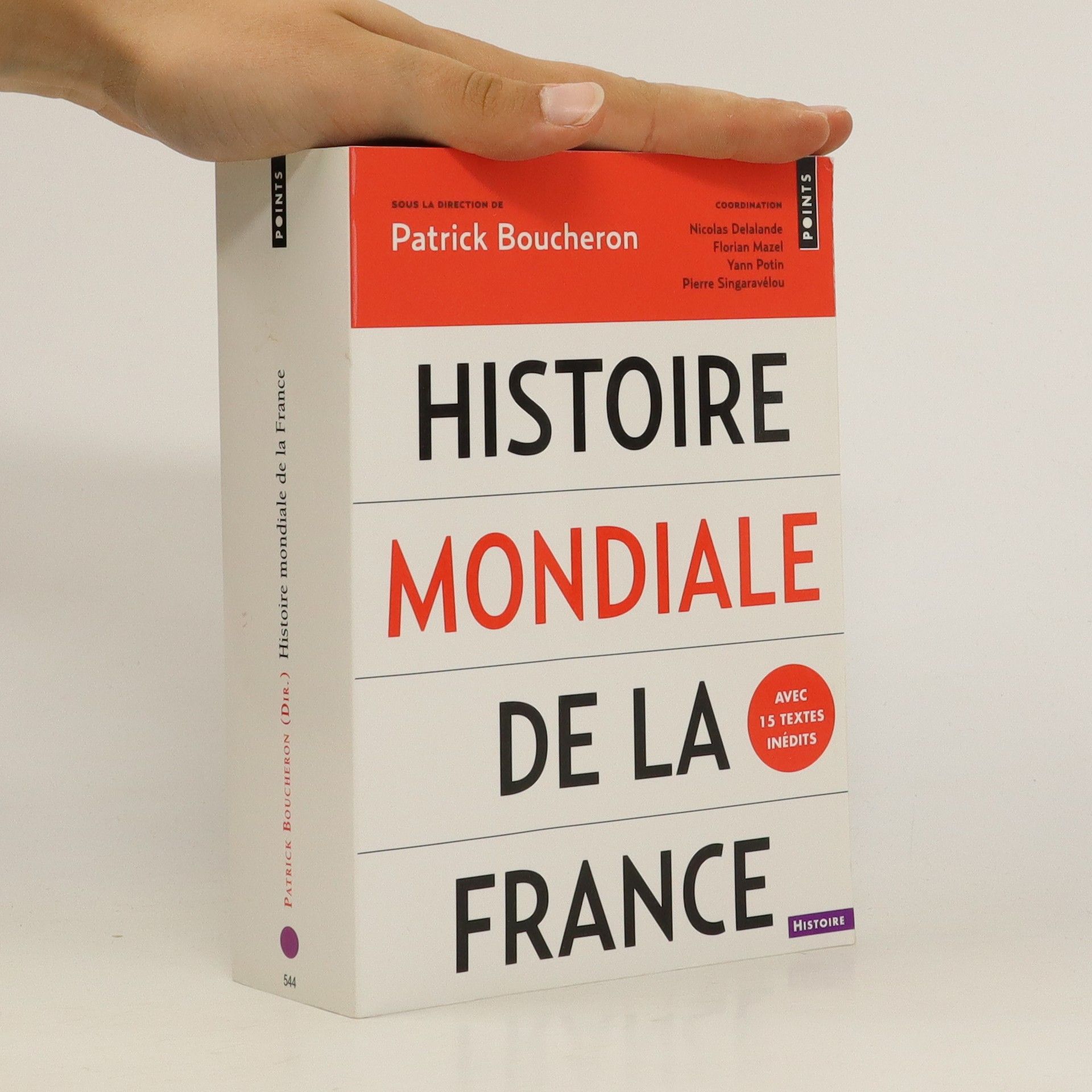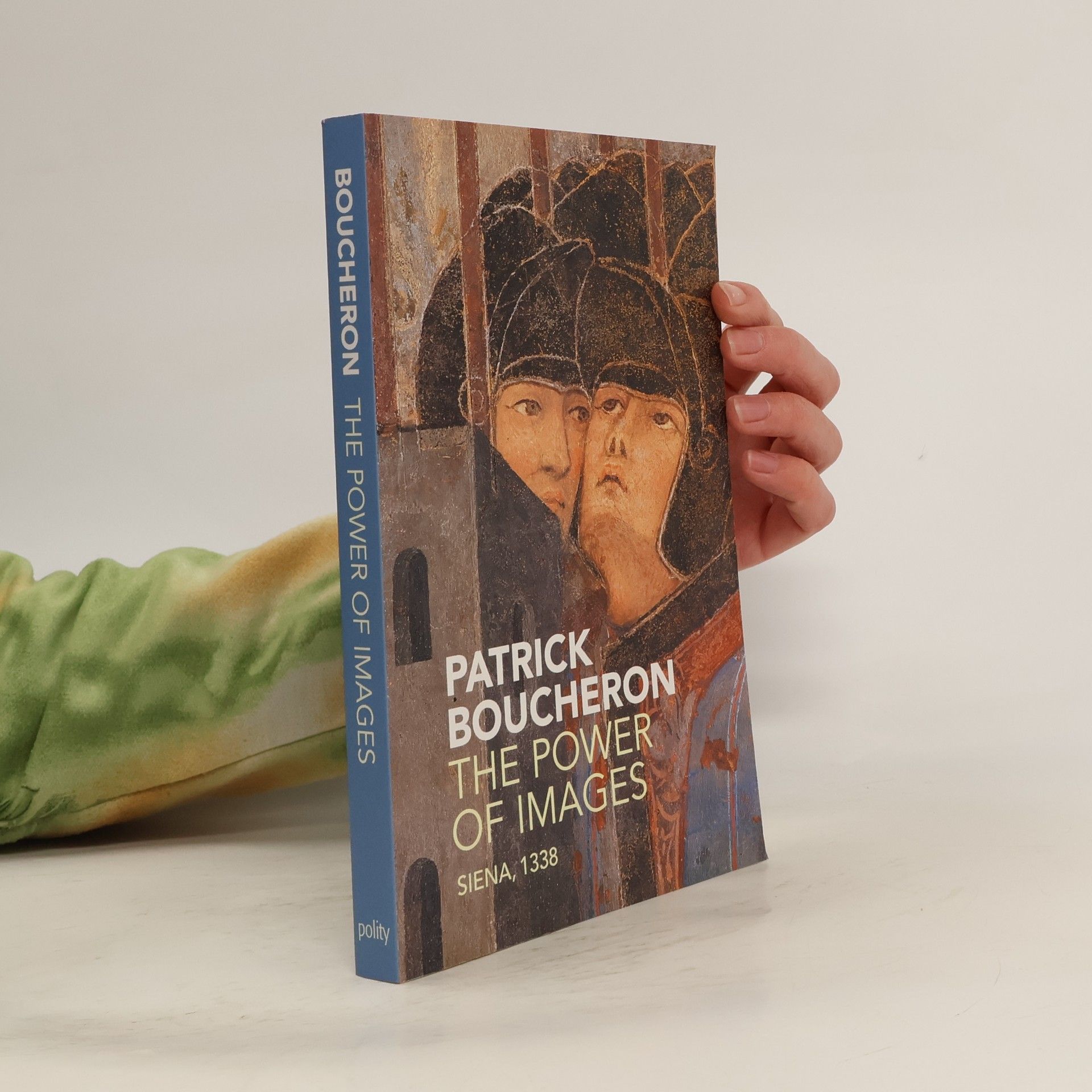"L'Histoire mondiale de la France est devenue un livre événement : plus de 100 000 exemplaires vendus, un immense succès public, des débats nombreux et une reconnaissance internationale. Le projet reste d'une actualité brûlante : face aux crispations identitaires qui dominent le débat public, comment défendre une conception ouverte et pluraliste de l'histoire? Et faut-il pour cela abandonner l'objet "Histoire de France" aux récits simplificateurs? À ces questions, les historiennes et historiens engagés dans cette aventure éditoriale ont tenté d'apporter des réponses accessibles et concrètes. Elles tiennent dans la forme même du livre : une histoire de France, de toute la France, en très longue durée, qui mène de la grotte Chauvet aux événements de 2015. Une histoire qui ne s'embarrasse pas plus de la question des origines que de celle de l'identité, mais prend au large le destin d'un pays qui n'existe pas séparément du monde qu'il prétend même parfois incarner tout entier. Ce livre qui a fait date est proposé dans une édition augmentée de quinze notices inédites."-- Quatrième de couverture
Patrick Boucheron Livres






Zadig, nouveau trimestriel sous la direction d'Eric Fottorino propose un voyage extraordinaire dans la France d'aujourd'hui.Il s'agit d'offrir aux lecteurs de multiples regards sur la France d'aujourd'hui avec l'objectif de rendre lisible un pays devenu illisible : la FranceLa dimension régionale est illustrée par une carte de la France et de son Outre-mer que Zadig sillonnera numéro après numéroChristian BOBIN, Maylis de KERANGAL, Léonor RECONDO, Hervé LEBRAS, Mona OZOUF, Pierre ROSANVALLON, Leila SLIMANI, Marie DESPLECHIN, Régis JAUFFRET, ainsi que Patrick BOUCHERON qui traite d'un grand livre qui a marqué sur la France, en occurrence " L'identité de la France " de Braudel, ont participé à ce premier numéro.
Trace And Aura
- 544pages
- 20 heures de lecture
From one of the foremost medievalists of our time, a groundbreaking work on history and memory that goes well beyond the life of this influential saint. Elected bishop of Milan by popular acclaim in 374, Ambrose went on to become one of the four original Doctors of the Church. There is much more to this book, however, than the captivating story of the bishop who baptized Saint Augustine in the fourth century. Trace and Aura investigates how a crucial figure from the past can return in different guises over and over again, in a city that he inspired and shaped through his beliefs and political convictions. His recurring lives actually span more than ten centuries, from the fourth to the sixteenth. In the process of following Ambrose’s various reincarnations, Patrick Boucheron draws compelling connections between religion, government, tyranny, the Italian commune, Milan’s yearning for autonomy, and many other aspects of this fascinating relationship between a city and its spiritual mentor who strangely seems to resist being manipulated by the needs and ambitions of those in power.
A dynamic historian revisits the workers’ internationals, whose scope and significance are commonly overlooked. In current debates about globalization, open and borderless elites are often set in opposition to the immobile and protectionist working classes. This view obscures a major historical fact: for around a century—from the 1860s to the 1970s—worker movements were at the cutting edge of internationalism. The creation in London of the International Workingmen’s Association in 1864 was a turning point. What would later be called the “First International” aspired to bring together European and American workers across languages, nationalities, and trades. It was a major undertaking in a context marked by opening borders, moving capital, and exploding inequalities. In this urgent, engaging work, historian Nicolas Delalande explores how international worker solidarity developed, what it accomplished in the nineteenth and twentieth centuries, and why it collapsed over the past fifty years, to the point of disappearing from our memories.
A NEW YORK TIMES EDITORS’ CHOICE In a series of poignant vignettes, a preeminent historian makes a compelling case for Machiavelli as an unjustly maligned figure with valuable political insights that resonate as strongly today as they did in his time. Whenever a tempestuous period in history begins, Machiavelli is summoned, because he is known as one for philosophizing in dark times. In fact, since his death in 1527, we have never ceased to read him to pull ourselves out of torpors. But what do we really know about this man apart from the term invented by his detractors to refer to that political evil, Machiavellianism? It was Machiavelli's luck to be disappointed by every statesman he encountered throughout his life—that was why he had to write The Prince. If the book endeavors to dissociate political action from common morality, the question still remains today, not why, but for whom Machiavelli wrote. For princes, or for those who want to resist them? Is the art of governing to take power or to keep it? And what is “the people?” Can they govern themselves? Beyond cynical advice for the powerful, Machiavelli meditates profoundly on the idea of popular sovereignty, because the people know best who oppresses them. With verve and a delightful erudition, Patrick Boucheron sheds light on the life and works of this unclassifiable visionary, illustrating how we can continue to use him as a guide in times of crisis.
Machiavelli
- 176pages
- 7 heures de lecture
A sharp, witty biography that explores how Machiavelli's thought is key to understanding the political crisis of his time - and that of our own.
The Power of Images
- 240pages
- 9 heures de lecture
Where can the danger be lurking? Two soldiers are huddled together, one gazing up at the sky, the other darting a sideward glance. They derive a tacit reassurance from their weapons, but they are both in their different ways alone and scared.
